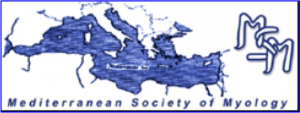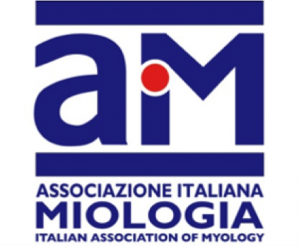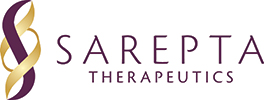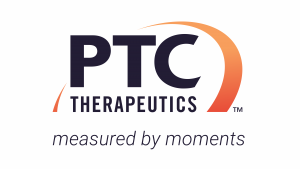Myotonic dystrophy (DM1) is the most common muscle disease in adults, affecting approximately 1:8000 individuals, characterized by myotonia and muscular wasting and a multisystemic involvement that includes heart, brain, respiratory and endocrine system, and eye. Conduction system is selectively involved, often causing cardiac sudden death. Early onset posterior subcapsular cataract is a characteristic feature of myotonic dystrophy, requiring surgical treatment. However, DM1 is associated with many anesthetic hazards; sensitivity to anesthetic drugs, especially muscle relaxants and opioids, may complicate postoperative care. Local anesthesia also requires attention. We investigated the heart response to local anesthesia Ropivacaine Hcl administration in 16 DM1 patients (12M:4F) consecutively undergoing cataract surgery, by analyzing heart rate, ventricular and supraventricular ectopic beats, runs of tachycardia and pauses ≥ 2.5 sec., through a 24h-Holter monitoring, registered before and within 24 hours after surgery. The average age of patients was 47.4 years (range 30.2-55.9). At baseline, one patient had a pacemaker and 3 a defibrillator. Two patients presented a first-degree atrio-ventricular-block; three showed ectopic ventricular beats, on anti-arrhythmic drug treatment. No significant differences in heart rate values (73 ± 15b/m versus 76 ± 13b/m) were observed after cataract surgery, nor in the onset of ectopic beats. Only patients who presented ventricular ectopic beats at baseline, showed an increase in their number after surgery, likely related to an arbitrary interruption of the specific treatment. These data confirm the safety and efficacy of ropivacaine HCl used as a local anesthetic in patients with myotonic dystrophy.






